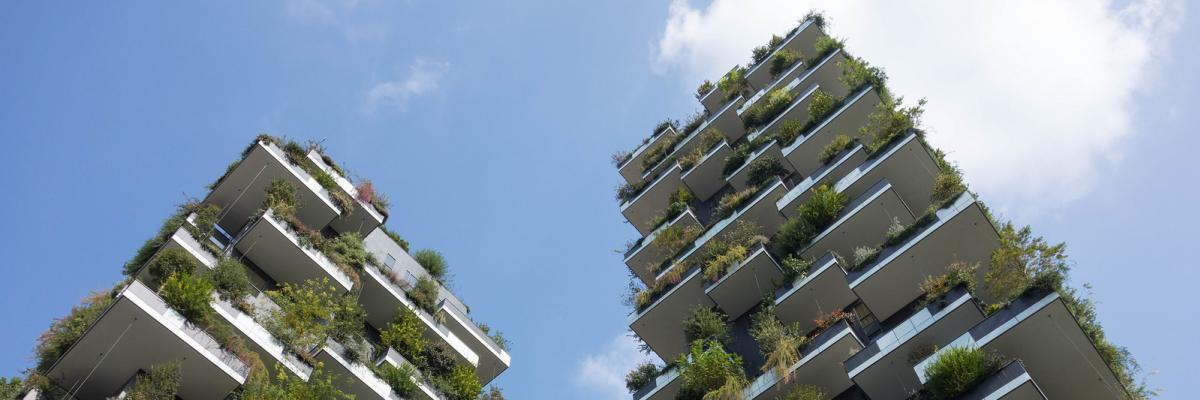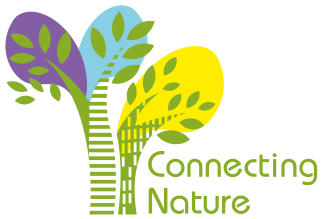
Overview
We are facing major changes and pressures from rising populations, health, climate change and economic markets. Therefore, the strategies we adopt for designing our cities over the next 13 years to 2030 are crucial in improving health and wellbeing, but also in ensuring the safety and future of our mega cities by 2050.
The most sustainable solutions can be found in the redesigning of the built environment to provide a better connection with nature – a strategy known as biophilic design which transcends single interventions/scales and operates at a systems level.
WHAT WILL BE COVERED?
Current conventional approaches to urban development are not suitable for designing our cities for the health of its occupants. Growing evidence suggests that alienation from nature contributes to mental and physical illness, obesity and poverty. Therefore the practice of designing our homes, communities and cities needs to be able to deliver optimal environments that effectively adapt and respond to people's behaviour.
This course is designed for Built Environment professionals who require innovative methods, enterprise strategies and products which lead the construction industry towards a more circular future inspired by nature and biophilic principles. The importance of limiting the environmental impact of cities is timely and pertinent to current thinking to support the human need to affiliate with nature to achieve healthier more productive cities.
The course presenters will use Case Studies of their practice to give you a greater understanding of:
- What exactly is Biophilic Design?
- How it can be incorporated into your working practices?
- How Biophilic Design can facilitate the transition to a more circular future?
- What is the Circular Economy?
- How do we move towards more Circular Cities?
- What the necessary requirements are for cities to reconnect us with nature?
- How to sustain our natural capital through our operating practices?
- How to use nature based parameters to lead innovation?
- How to improve health, productivity and well being in the built environment?
To find out more and to book you place click here
